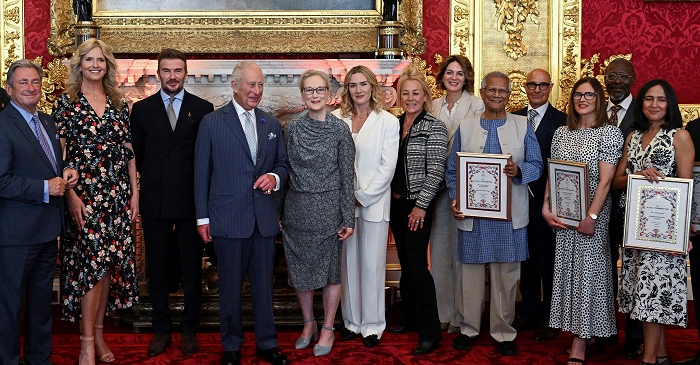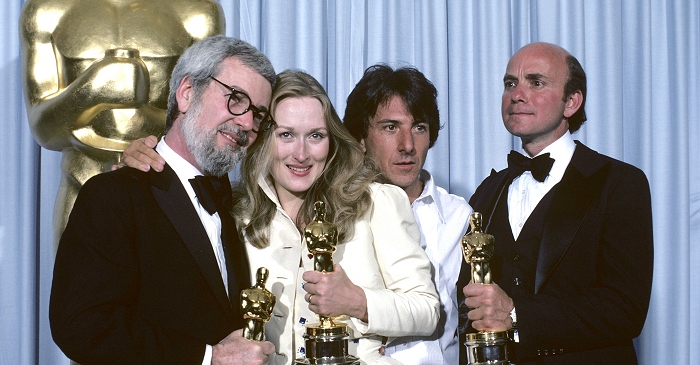|
Simply Streep is your premiere online resource on Meryl Streep's work on film, television and in the theatre - a career that has won her acclaim to be one of the world's greatest living actresses. Created in 1999, Simply Streep has built an extensive collection over the past 25 years to discover Miss Streep's body of work through thousands of photographs, articles and video clips. Enjoy your stay and check back soon.
|
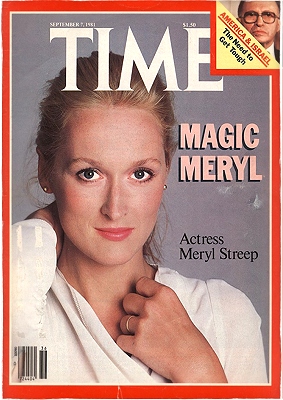
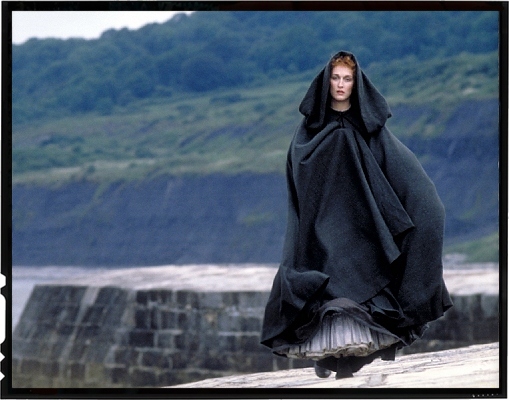
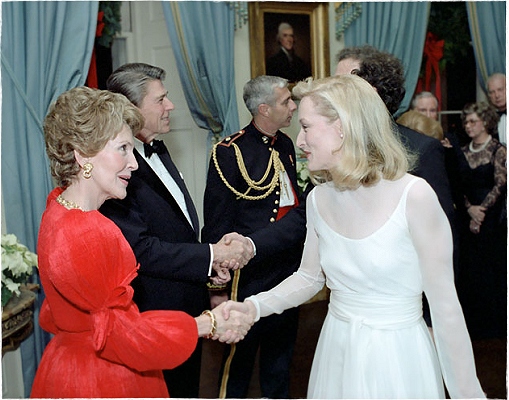
Director Karel Reisz cast Meryl Streep in her first leading role on film – actually two roles – in the historic drama, “The French Lieutenant’s Woman”, based on the novel by John Fowles, the screenplay was written by Harold Pinter. While critics – and her co-star Jeremy Irons – first wondered why an American actress was hired to play a British character in an adaptation of an acclaimed British novel, Meryl proved that she was the right choice. Twelve weeks before shooting commenced, she hired a vocal coach and spent long periods reading aloud from Jane Austin and George Eliot to speak the british accent of her character Sarah Woodruff perfectly. The victorian drama was shot on location in Lyme Regis. Telling the story of an educated biologist, Charles Smithson, who’s engaged to be married, but falls in love with the outcast Sarah Woodruff, a stranger in town, since it was once rumored she had an affair with the title-given French Lieutenant. Reisz used a complicated, but masterfully performed turn in his storyline. A second plot, about two fictional actors, again performed by Streep and Irons, and their own little romance on the set of the film. While Irons’ performance made no big difference between his Charles and the actor, called Mike, it was a joy to see two totally different appearances by Streep as the victorian Sarah and the modern and attractive actress Anna, and how their on-set romance is interwoven with the heavy cost of the victorian tragedy.
The French Lieutenant’s Woman and especially Streep’s double performance was praised by critics in the USA and the UK alike. The New York Times wrote: “Miss Streep has never looked more beautiful nor has she been more in command of her talent as she switches back and forth between the lightweight movie actress and the tragic Sarah, who enters the scene as a Hardy-like victim of fate and stays on to triumph as a modern woman a century ahead of her time.” When award season began, the British Academy recognized Streep’s performance with their BAFTA Award, a Golden Globe and the Award from the Los Angeles Film Critics Association followed. Meryl was also again nominated for an Oscar, the first time in the Leading Actress category, the award was eventually given to Katharine Hepburn.






